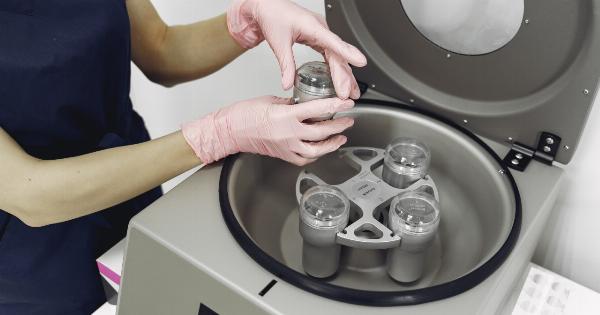Antibodies have been critical in the healthcare industry for the treatment of various diseases. Antibodies act as a defense mechanism against foreign substances such as viruses and bacteria, which invade the body.
They activate the immune system and subsequently fight the pathogens that cause the illness. With the advent of better technology and research, antibodies have been instrumental in the development of new drugs, therapies, and treatments for several ailments.
What are Antibodies?
Antibodies are proteins that the immune system produces in response to foreign substances; they act as a defense mechanism against these substances.
There are several groups of antibodies, which are classified based on their biochemical structure and their functions. The basic function of antibodies is to bind and neutralize the foreign substances, resulting in their elimination from the body.
Antibodies in Healthcare
The healthcare industry has widely used antibodies for the treatment of various diseases. Antibodies have been used to treat diseases such as cancer, autoimmune disorders, and infectious diseases.
The use of antibodies in healthcare has led to the development of several new drugs and treatments that have improved patient outcomes.
How Antibodies Help Patients Recover Faster
Antibodies help patients recover faster by targeting and neutralizing the causative agent of the disease. They are highly specific for their targets, which means that they bind to the particular antigen that causes the disease.
Once the antibodies bind to the antigen, they activate the immune system, which subsequently eliminates the disease-causing pathogens. The elimination of the pathogens leads to the resolution of the symptoms and the recovery of the patient.
Koronio: Case Study
The Koronio case study is an excellent example of how antibodies helped patients recover faster. Koronio is a small village in Greece that suffered an outbreak of Crimean-Congo hemorrhagic fever (CCHF) in 2008.
The disease is caused by a virus, and the symptoms include fever, vomiting, diarrhea, and hemorrhagic manifestations such as bleeding from different organs.
The outbreak affected 12 people in the village, and at the time, there was no specific treatment for the disease. The Greek authorities contacted the World Health Organization (WHO) for help in managing and treating the outbreak.
The WHO sent a team of experts to the village to study the disease and develop a treatment plan.
The team of experts from the WHO developed a plan to treat the patients with CCHF using convalescent plasma. Convalescent plasma is the plasma that is taken from patients who have recovered from the disease and contains antibodies against the virus.
The team identified several patients who had previously suffered from CCHF and were willing to donate their plasma.
The team collected the convalescent plasma from the volunteers and administered it to the infected patients. The use of convalescent plasma led to the neutralization of the virus in the patients, which resulted in their recovery.
The patients who received the treatment recovered faster than those who did not receive the therapy.
Conclusion
Antibodies have been instrumental in the development of new drugs and therapies for the treatment of various diseases. The use of antibodies in healthcare has led to improved patient outcomes and faster recovery times.
The Koronio case study is a perfect example of how antibodies can help patients recover faster by neutralizing the virus that causes the disease.





























